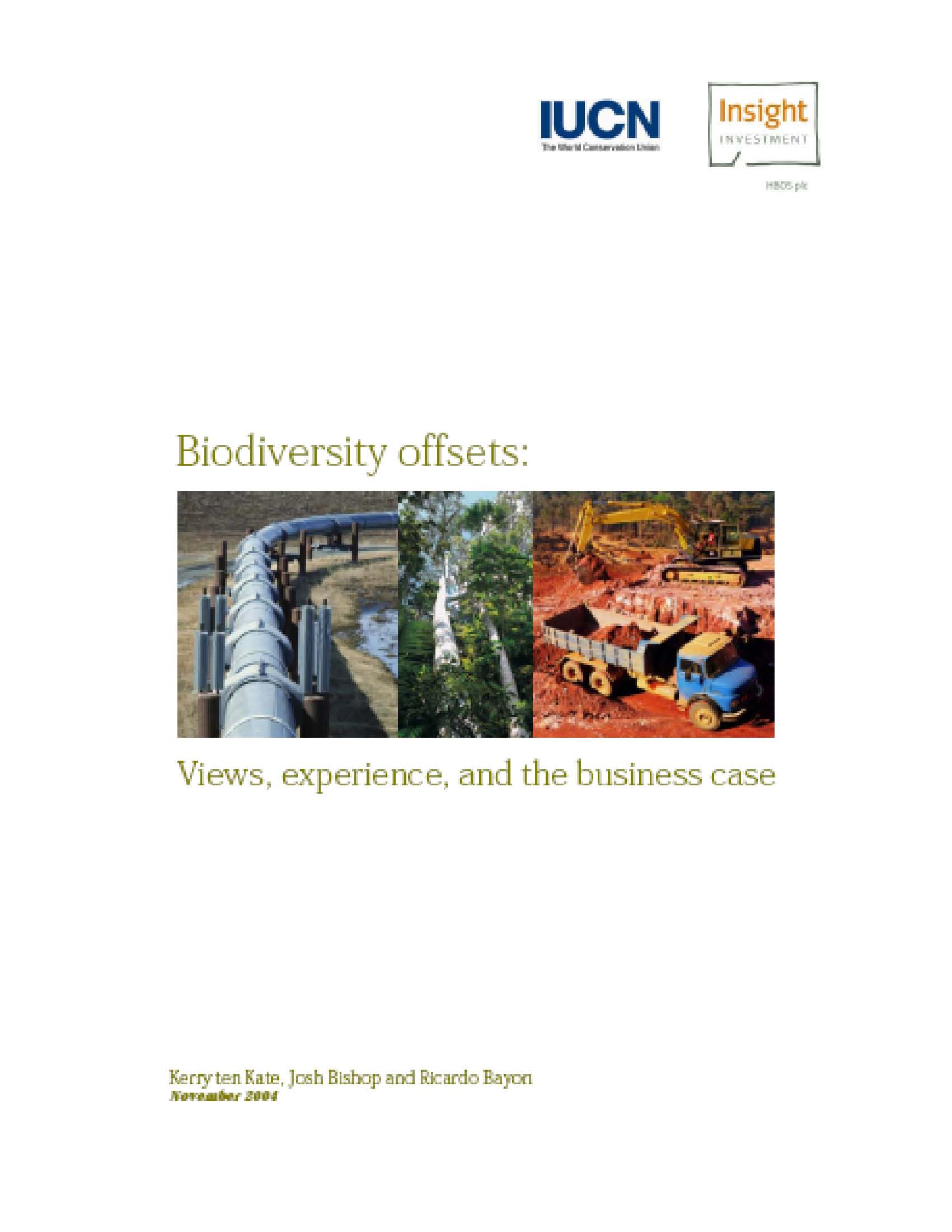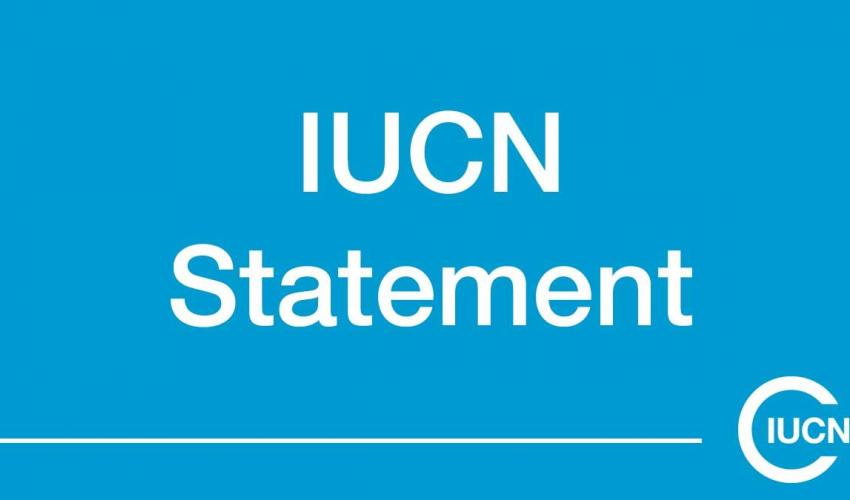Biodiversity Offsets: Views, experience, and the business case
Biodiversity offsets are conservation activities intended to compensate for the residual, unavoidable harm to biodiversity caused by development projects. Recent experience with regulatory regimes, such as wetland and conservation banking in the USA, tradable forest conservation obligations in Brazil and habitat compensation requirements in Australia, Canada and the EU, has been supplemented by growing interest in the potential of voluntary biodiversity offsets.

Photo: IUCN
This report -- produced jointly by Insight Investment and IUCN -- explores the potential of biodiversity offsets: it considers the concepts involved, such as 'net benefit' and 'no net loss', as well as why, where, when and by whom biodiversity offsets might be used. It contains a synthesis and interpretation of a series of semi-structured interviews about biodiversity offsets, conducted by the authors with 37 individuals from around the world. The authors have also drawn on shorter discussions with some 20 other people. The report discusses the results of the interviews and draws preliminary conclusions regarding the potential and limitations of biodiversity offsets, and what should be done to improve them.



